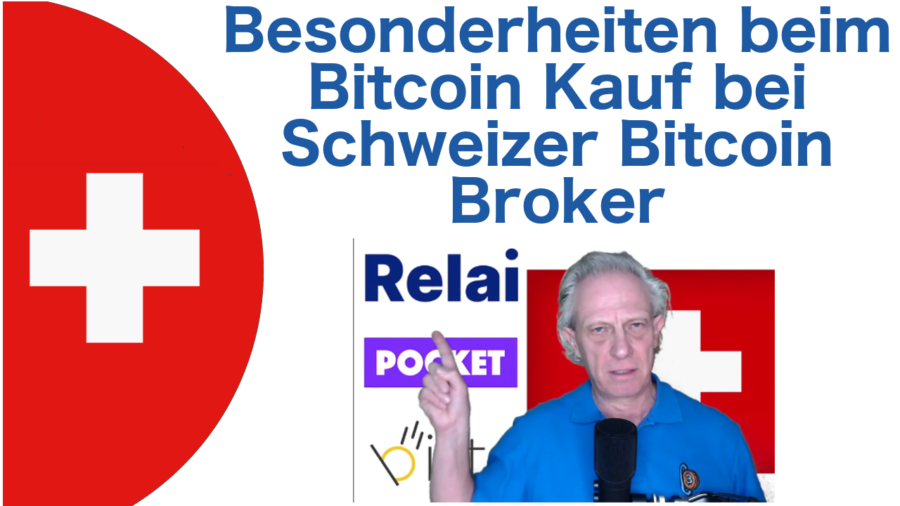Special features of buying Bitcoin in Switzerland
The specifics of buying Bitcoin from Swiss Bitcoin brokers using Relai, Pocket and Bittr as examples. In Switzerland, the purchase of Bitcoin is regulated in a particularly customer-friendly manner. We explain how the purchase of Bitcoin is regulated in Switzerland and show this using the Swiss Bitcoin brokers Relai, Pocket and Bittr.
Buying Bitcoin from a Swiss provider is regulated in a very customer-friendly way because:
- Easy login and registration thanks to KYC-light
- Bitcoin withdrawal directly to your own Bitcoin wallet
- Limit: per day 1000 CHF (€ 950 Euro), per year 100.000 CHF (€ 95.000,-)
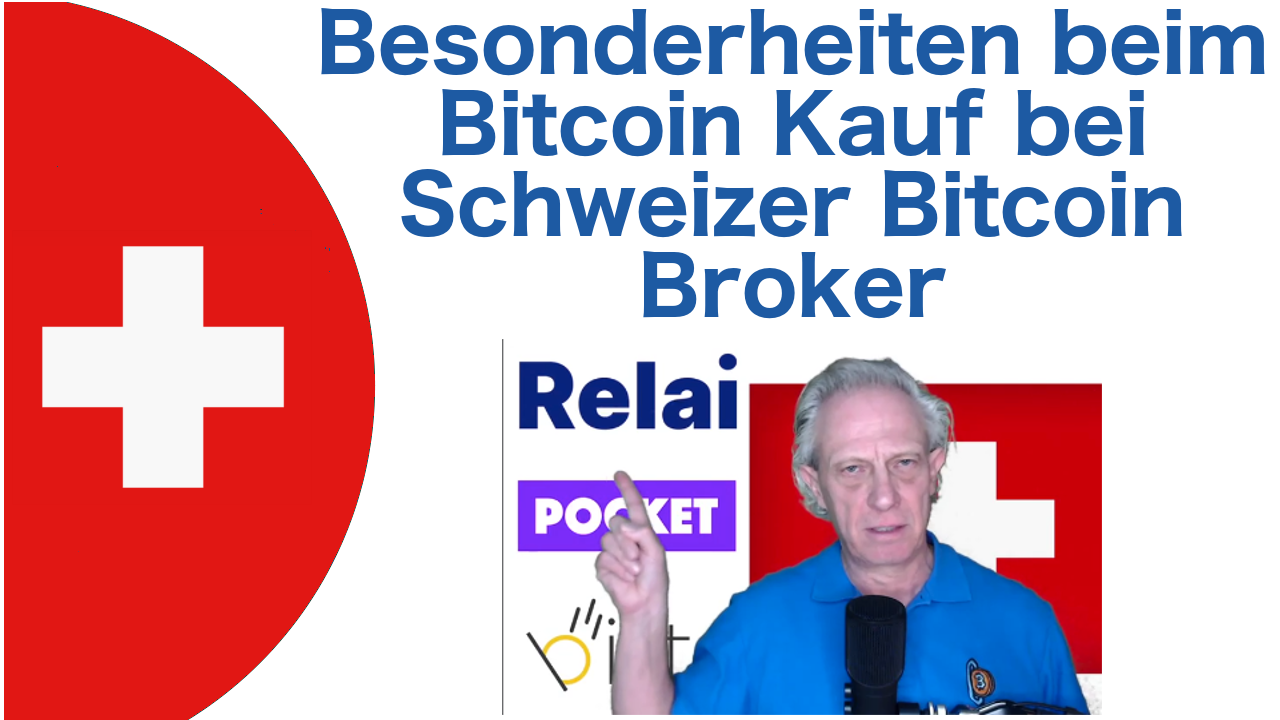
In this post, we will explain in detail what the Swiss specifics are when buying Bitcoin from a Swiss provider.
On the Coincharge YouTube channel, we explain in a German-language video (including English subtitle) the “Peculiarities of buying Bitcoin from Swiss Bitcoin brokers using Relai, Pocket and Bittr as examples“.
As described at the beginning, there are a few special features from the Swiss legislator for buying Bitcoin, which differ from the European providers.
Let’s look at these special features first.
Registration with Swiss providers (KYC-Light)
The first special feature you get to know already during the application or registration. In the case of German or European providers, customers must first go through an extensive registration and legitimization process.
This is called the KYC process and stands for Know Your Customer. –
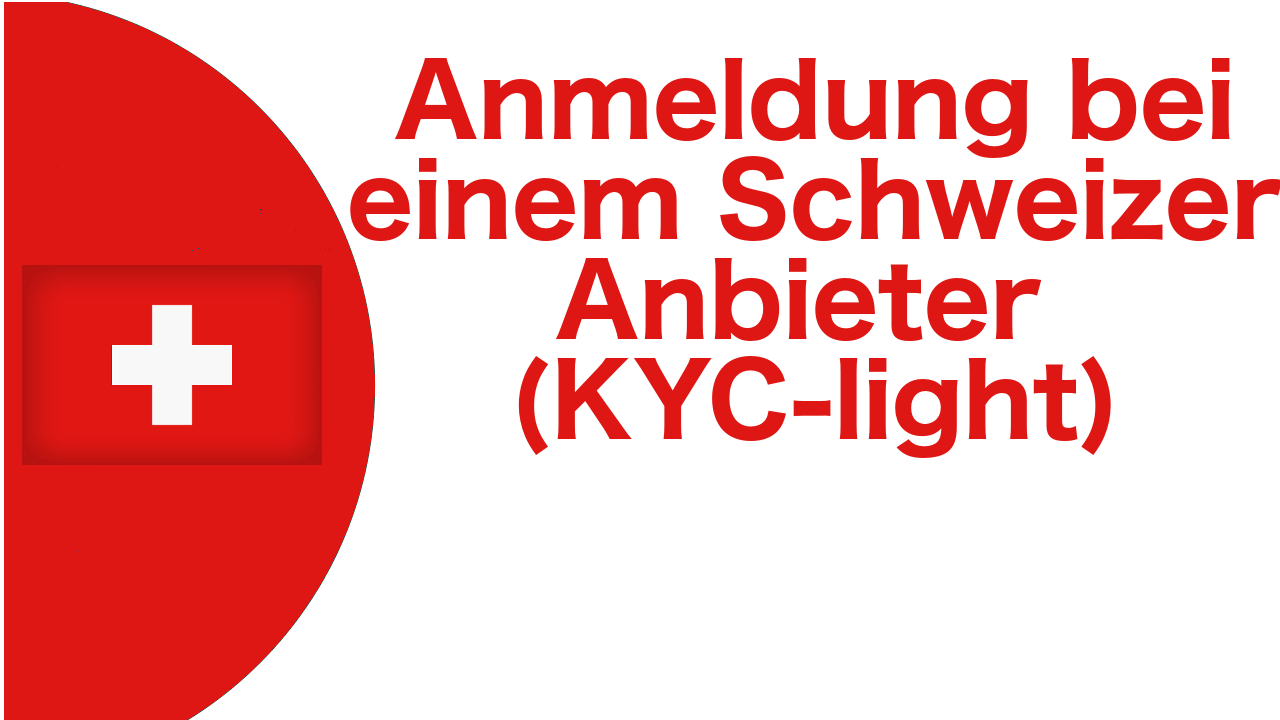
The respective provider must know who this buyer is and requires copies of identification, proof of residence, proof of income and then a video identification procedure to check whether the buyer is actually the person you claim to be.
So install an app from the ident provider and then have a video call with an employee on their cell phone.
In Switzerland, a KYC process is also carried out, only this process is much more convenient for customers and is therefore referred to as KYC Light.
Swiss providers also know their customers, but the customer does not have to provide this information himself. After all, he already provided this information when he opened a bank account at his local bank. The house bank has already carried out this KYC process with the customer.
If the payment of Bitcoin is made by bank transfer, then yes this bank transfer is made from the customer’s bank account. In the case of a bank transfer, the relevant customer data is passed on from the payer’s bank to the recipient’s bank. This is the case with any bank transfer.
This means that the bank of the Bitcoin broker has all customer data available and thus the provider knows this customer.
For reasons of data protection, this data query is reduced to what is necessary.
Thus, it is sufficient for a buyer to register with only one e-mail address.
When paying, the buyer must then specify from which bank account the payment will come.
If the transfer is then received by the provider, then it is certain that the e-mail address and the deposited bank data match and that it can only be the legitimate user.
Credit to own Bitcoin Wallet
Another Swiss feature is that the purchased Bitcoin must be credited exclusively to the customer’s own Bitcoin wallet.
The customer’s purchased Bitcoin may not remain with the provider, as is the case with Bitcoin exchanges.
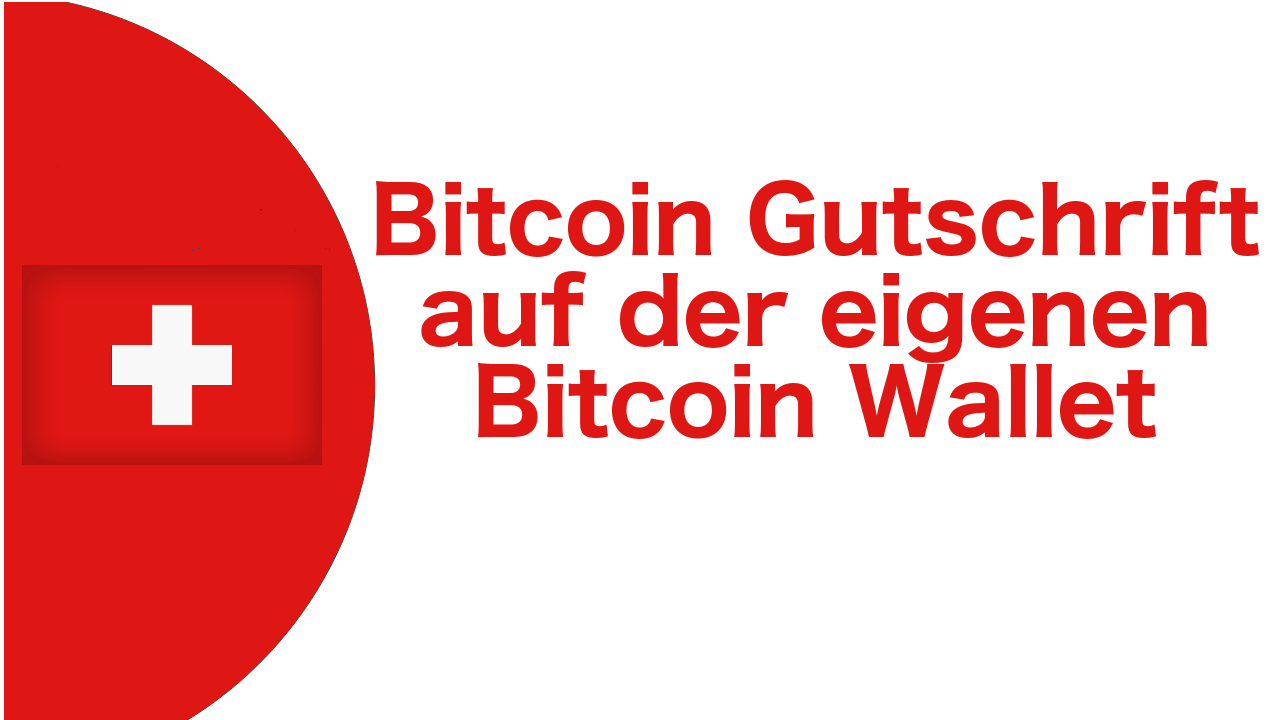
The fact that the Bitcoin are paid out to your own Bitcoin wallet and are never stored with the provider also protects you as a customer if the provider no longer exists or goes bankrupt at some point. Just as some users had to painfully experience with Bitcoin exchanges like MtGox or FTX.
So if you buy your Bitcoin from a Swiss Bitcoin broker, your Bitcoin is safe because they are always credited to your own Bitcoin wallet.
Since this is so, when you buy your Bitcoin, you will be asked where these Bitcoin should then be credited.
The provider Relai handles this in such a way that you get an app including your own Bitcoin wallet. There, the payout is made directly to the connected Bitcoin wallet for which the user has the corresponding seed, i.e. the 12 words.
The providers Pocket and Bittr do not have an internal Bitcoin wallet, but pay out to external Bitcoin wallet. This could be BlueWallet or hardware wallets such as Bitbox02, Trezor or Ledger.
However, the buyer must provide proof that this is indeed his own Bitcoin wallet and that he has full access to it.
You do this by signing inside the wallet to confirm that it is your own Bitcoin wallet.
The Bitbox02 hardware wallet from the Swiss provider Shiftcrypto is recommended here.
Here there is a very simple signing process between the Bitbox02 hardware wallet with Pocket and Bittr.
Bitcoin purchase by SEPA bank transfer
As we have already described, the purchase of Bitcoin is done via bank transfer. In the process, the relevant customer data is transferred and thus no additional KYC process is required.
This is a SEPA transfer that is sent from a Euro bank account to a Euro bank account in Switzerland.
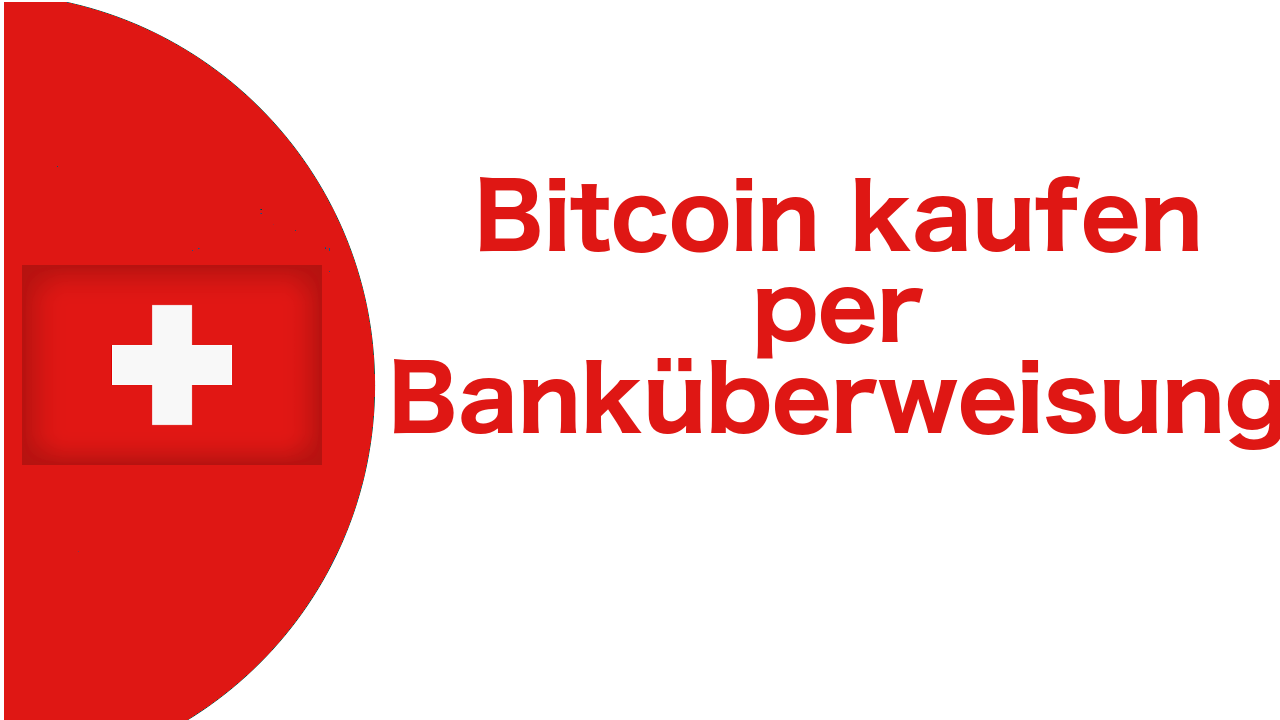
Now Switzerland is not a member of the EU, but “only” a member of the European Economic Area (EEA).
A SEPA credit transfer to Switzerland is therefore a foreign credit transfer for the banks.
This may result in your friendly bank representative contacting you to ask if you really want to make a foreign wire transfer and also trust the recipient of the payment. Don’t worry, the risk settings of the banking systems are set to inform the bank staff and have to contact you if you don’t make foreign transfers otherwise.
Within the EU, SEPA transfers may not cost more than a normal domestic transfer. However, since Switzerland is outside the EU, there are some banks that set higher transfer fees because of this.
It is common that a SEPA transfer to an account in Euro at a Swiss bank does not cost more than a normal SEPA transfer. If your bank charges different fees, it may be time to question your bank account.
You can also grudgingly accept it and then buy Bitcoin only once a month instead of every week.
Although, grudgingly, it’s not really. Smile into the listener, because you’ve just had the personal experience of what Bitcoin and Lightning are for. Worldwide payments at minimal cost. The bank fees to buy bitcoin are still expensive and take a long time, something like 1-2 banking days. Bitcoin Lightning will then make it cheaper and faster.
Limits when buying bitcoin
But how much Bitcoin can you actually buy in Switzerland? Under this KYC Light procedure, each user is allowed to buy up to CHF 1,000 of Bitcoin per day.
That is currently about €950,-. Per year the limit is set at 100.000 CHF, which is about €95.000,-.
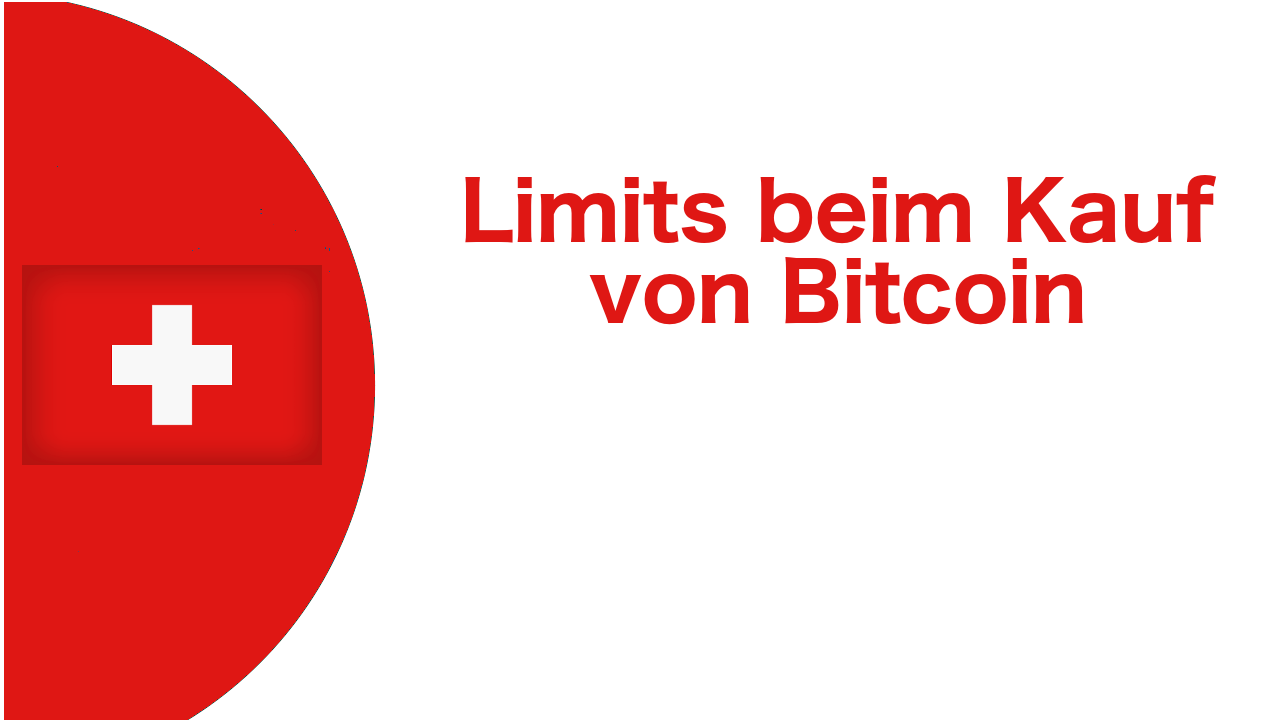
This should probably be sufficient for most readers. Those who want to buy even more Bitcoin in Switzerland can do so.
However, this does require a somewhat more extensive KYC process. Here, for example, the legislator stipulates that it must be checked where the financial resources for the purchase came from.
The provider Relai also offers the possibility to buy Bitcoin with higher amounts.
Relai, Pocket and Bittr
After talking in general about how Swiss lawmakers have regulated the purchase of Bitcoin, let’s take a look at the main providers.
Relai, Pocket and Bittr are Bitcoin brokers and not Bitcoin exchanges.
On a Bitcoin exchange, you would make a euro deposit and then buy and sell on various cryptocurrencies all the time. One would rather trade and speculate.
Relai, Pocket and Bittr are not about short-term trading, but about long-term saving in Bitcoin.
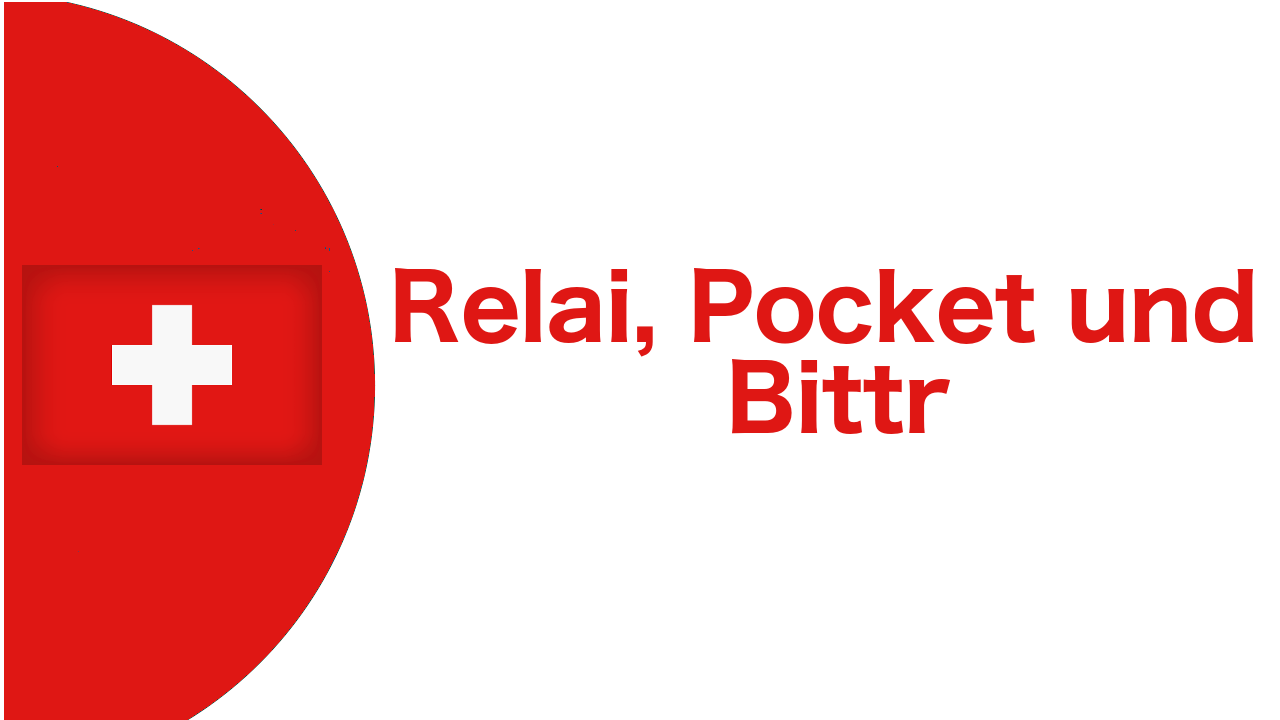
- Relai https://relai.app
- Poket https://pocketbitcoin.com
- Bittr https://getbittr.com/
Bitcoin Only
All Swiss providers focus on Bitcoin and are therefore Bitcoin-only providers. You cannot buy other cryptocurrencies.
Which is also understandable. This is because Bitcoin is for saving and is a long-term store of value. These features are not offered by other cryptocurrencies.
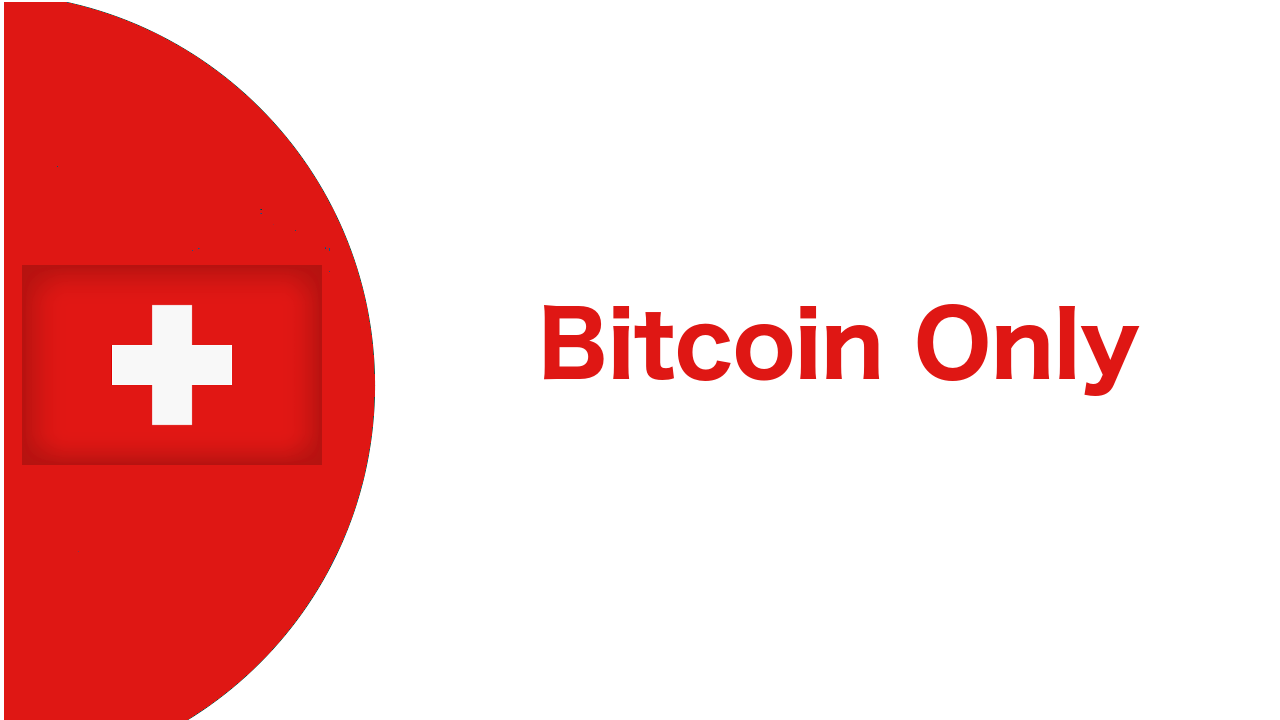
Bitcoin Savings Plan (DCA)
All providers offer the possibility to buy Bitcoin once or sporadically or to set up a savings plan.
With a savings plan, you buy bitcoin on a regular basis. For example, every week, always on Monday or once a month Bitcoin.
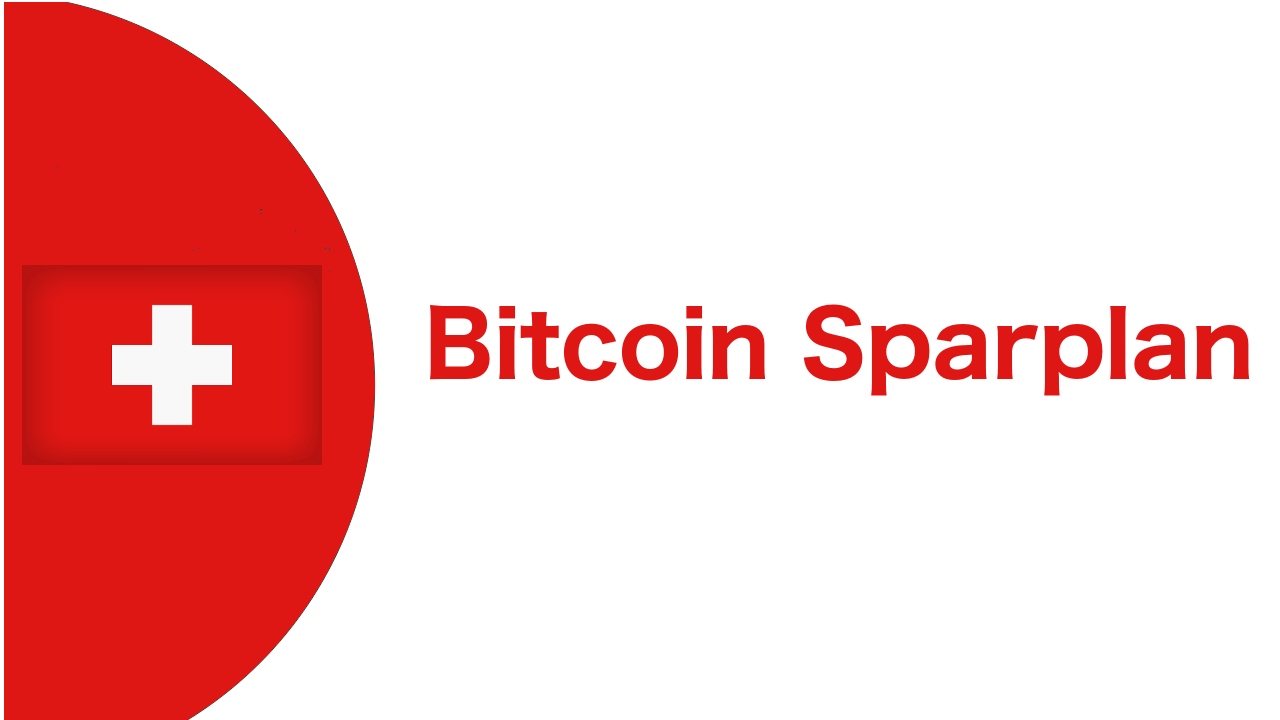
You then set up a standing order with your bank and then Bitcoin is automatically purchased, which are then always credited directly to your own Bitcoin wallet.
The advantage is that you buy Bitcoin regularly over a longer period of time and thus have an average purchase price over time.
It doesn’t really matter what Bitcoin’s price is right now. If Bitcoin is cheap, then you get more Sats for your Euros.
If the value increases, then you get less for the newly purchased bitcoin, but the total value of the bitcoin increases.
Set up a savings plan and standing order once and then sit back, do nothing and just wait.
Other payment methods
As already mentioned, all three providers use the SEPA bank transfer payment method.
This payment method is available throughout Europe and can be used for one-time payments and for standing orders.
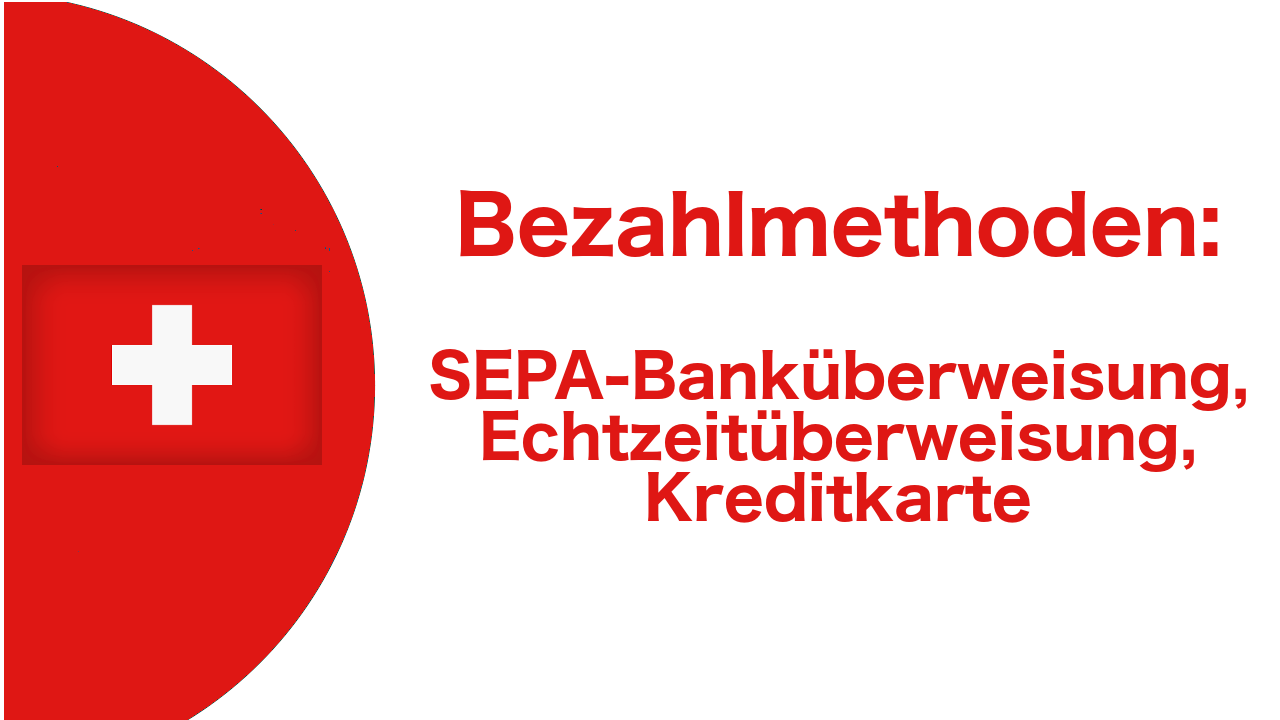
Unfortunately, a bank transfer takes 1-2 bank working days and is not suitable for spontaneous and quick purchases.
If you want to react spontaneously and at short notice to favorable price developments, you can use the real-time transfer at Pocket and Relai offers the purchase by credit card.
Sell Bitcoin
All three providers allow the purchase of Bitcoin. Only the provider also supports the possibility of selling bitcoin.
So the change from bitcoin back to euros.
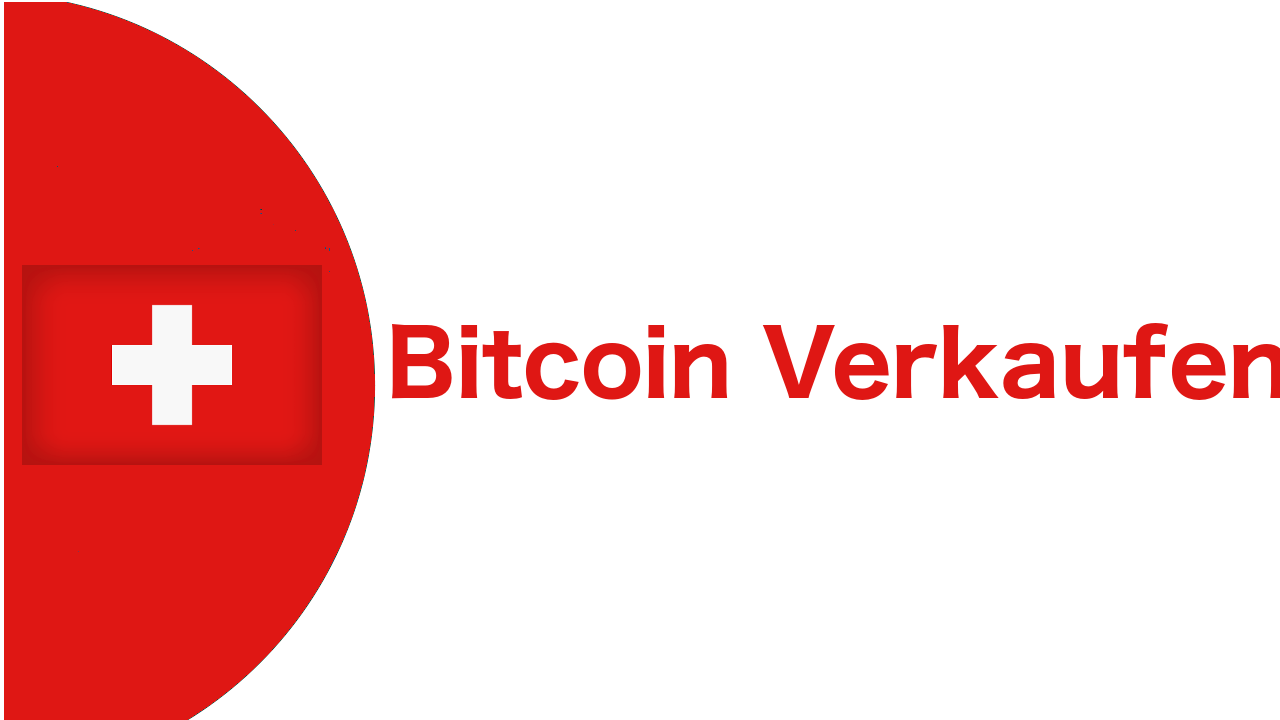
Instead of exchanging bitcoin for euros, we would rather recommend that you spend your bitcoin. You can find the right merchants that accept Bitcoin at Coinapges.
But maybe you are a merchant and already accept Bitcoin. Now you take in more Bitcoin than you want to keep yourself or you still have to pay your bills in EUR, then you have to get rid of your precious Bitcoins sometimes.
Accordingly, Relai also offers the possibility that you can sell your Bitcoin to Relai and get the equivalent value paid to your bank account.
Fees
There are marginal differences in fees between the providers.
On Pocket and Bittr, buying bitcoin costs 1.5% of the purchase amount. The purchase amount is based on the respective exchange rate at the time of receipt of payment. In addition, Bitcoin transaction fees are charged on.
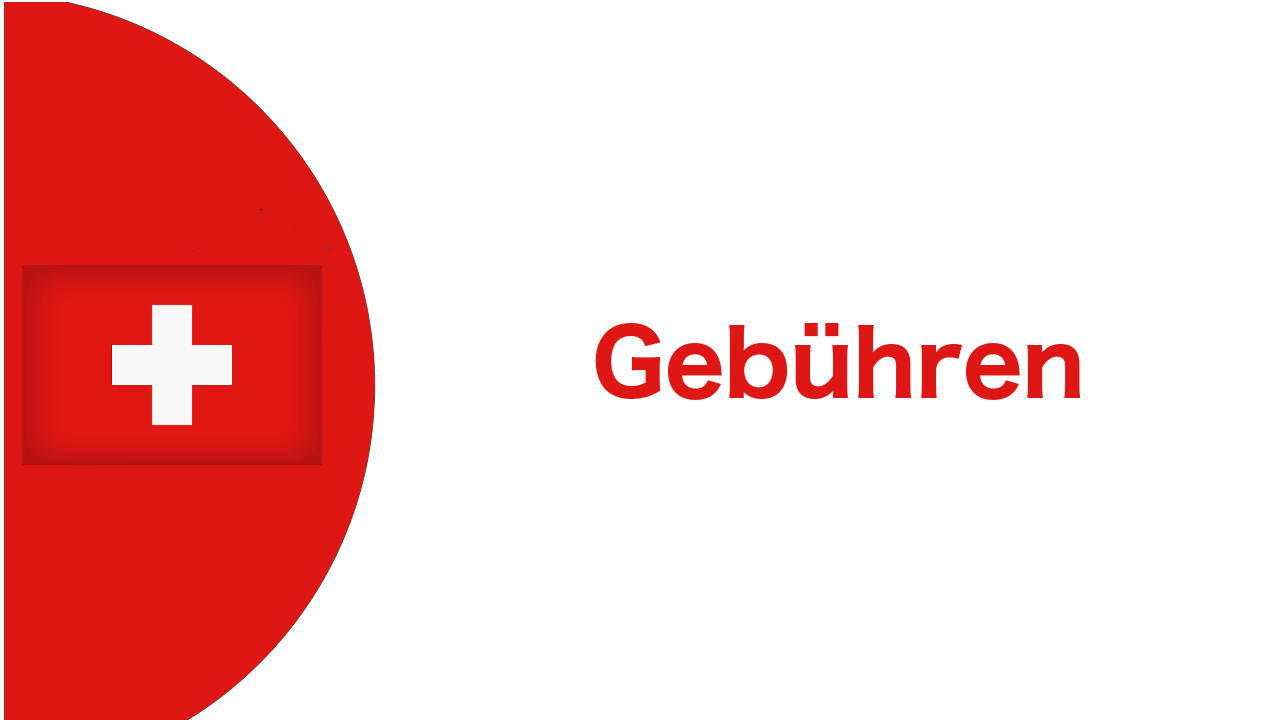
With Relai, all fees are included, including Bitcoin transaction fees. For this, the costs start at 2.5%, but can be reduced to 1%.
If you do not buy once, but create a savings plan, there is a 0.5% discount. If the purchase amount is at least €100, then there is another 0.5% discount.
If you then use a discount code, such as Coin, you get another 0.5% discount and are then only at 1%.
If you buy your Bitcoin from Relai by credit card, then the credit card fee is also passed on.
Minimum purchase amount
Providers have different minimum amounts for which you can buy Bitcoin.
The minimum amount at Bittr is CHF 30,- per purchase transaction. For Relai the amount is CHF 10 and for Pocket there is no minimum amount.
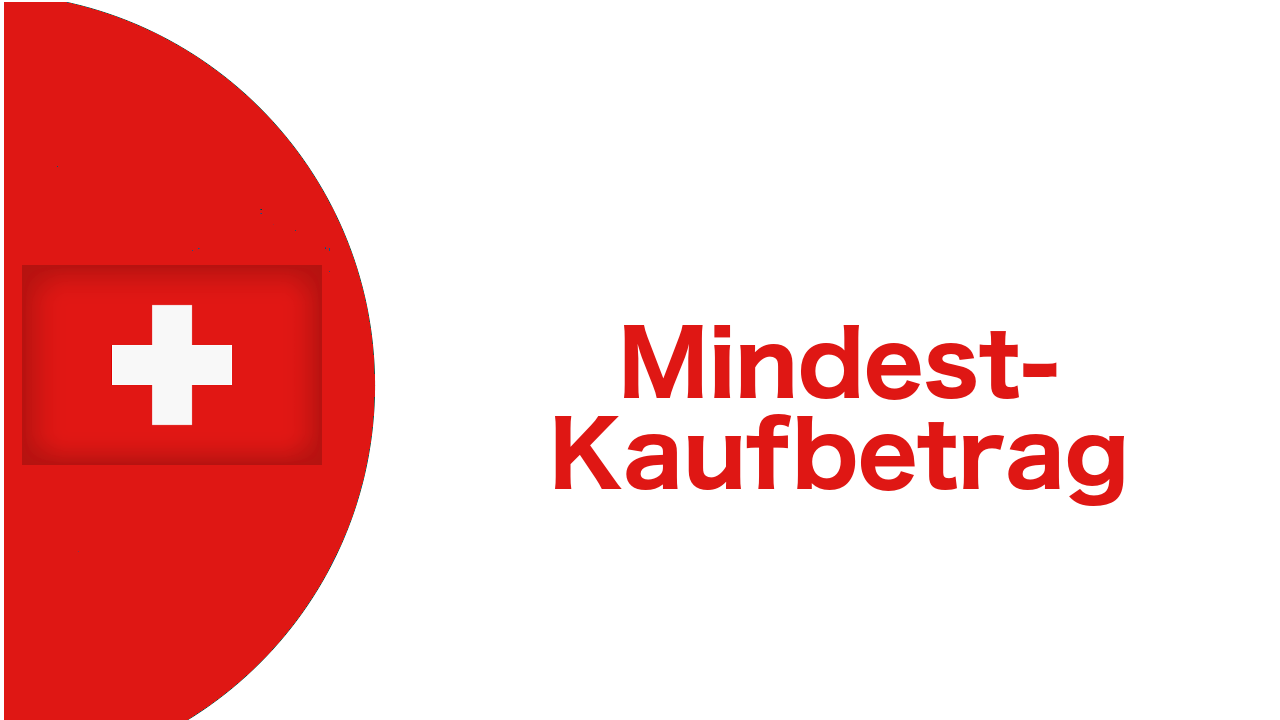
So for those who want to divide their monthly savings amount into several purchases per week, for example, the minimum amount could be an issue.
However, it is rather interesting to see the minimum amount in connection with the fees. Whoever sets a savings plan at Relai for the amount of €100, saves 0.5% of the fees. If you don’t want to spend €400 per month to get to €100 per week, then you should consider how to divide the budget. Better to have a smaller buying cycle and slightly higher fees or rather buy 1x or 2x a month?
With Pocket and Bittr, Bitcoin transaction fees are incurred in addition to the normal purchase fees. Since the Bitcoin are immediately transferred to your own Bitcoin wallet after each purchase, these fees are incurred every time.
Summary: Buy Bitcoin in Switzerland
Buying Bitcoin in Switzerland can be done by anyone in Europe via the Internet.
The purchase of Bitcoin in Switzerland is regulated in a very user-friendly way. There is a simple sign-up process for users and customers are prevented from leaving their own Bitcoin with a provider.
Likewise, the rules of the limit are very generous that you can take Switzerland as a model of how the purchase of Bitcoin can proceed.
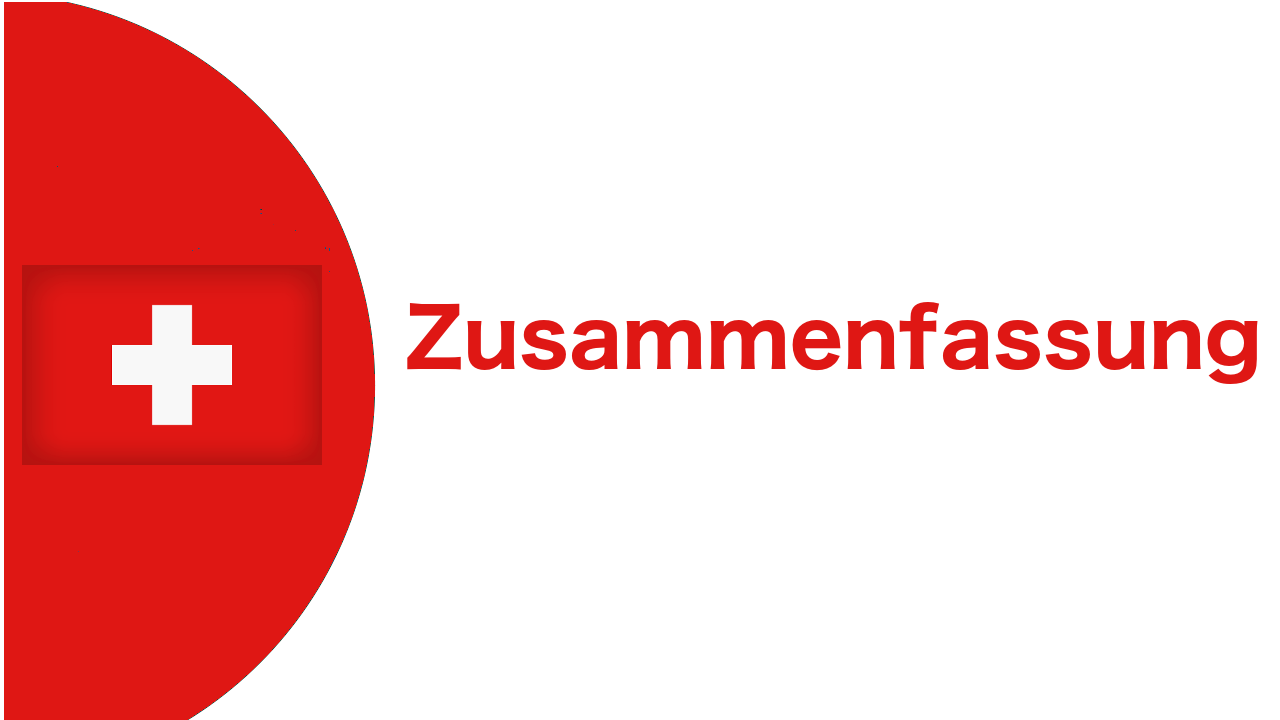
The providers presented do not differ significantly. The fees are around 1.5%, which is standard for the market and approximately the same for all providers.
Relai is a bit more different from Pocket and Bittr.
With Relai you get an app including your own Bitcoin wallet and with Pocket and Bittr you can easily transfer your Bitcoin to your own hardware wallet, such as the Swiss Bitbox02.
Then, in addition to the SEPA bank transfer, Relai also offers the purchase by credit card.
You can also sell your Bitcoin at Relai. Since we are all about accepting bitcoin at Coincharge, this is a great way to sell the bitcoin you have “too much”.
Otherwise, it’s purely a matter of taste. We have tested all providers and were very satisfied with the result from all providers and can recommend all providers equally.
Take a look at the three providers yourself and give it a try.

